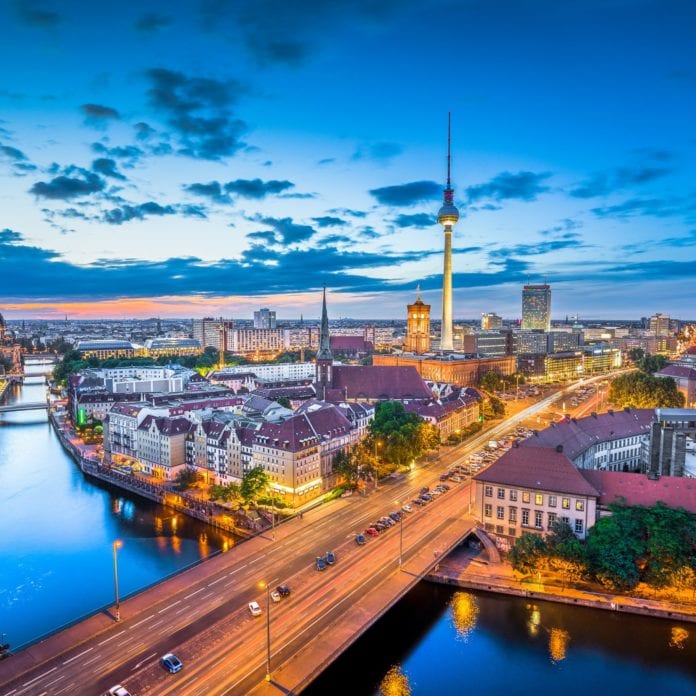German operator Vodafone Germany announced that its 5G network currently covers 10 million people across the country.
In a release, the carrier said that its 5G technology has been recently activated in 300 new cities and municipalities across Germany.
“We launched the first 5G network in Germany a year ago and we have now achieved our first 5G target earlier than planned,” said Vodafone CEO Hannes Ametsreiter. As of today, the telco said it had deployed approximately 3,000 5G antennas across Germany. “We are continuing to build directly and will increase our 5G target for 2020. Our technicians will activate thousands more 5G antennas in the coming weeks. We will reach more than 15 million people with 5G by the end of the year, and even 30 million by the end of 2021.”
The telco noted that it has been accelerating 5G deployments in capital Berlin, with the recent activation of 300 new 5G base stations across the city. In the past few days, Vodafone says it technicians have prepared large areas of Hamburg, Munich, Düsseldorf and Leipzig for 5G deployments and have now activated several 5G antennas in each of the cities. Vodafone Germany said that there are now more than 160 5G antennas live in Hamburg, 180 in Munich, 120 in Düsseldorf, 60 in Leipzig and 300 in Frankfurt am Main.
For its 5G expansion in Germany, Vodafone is relying on 5G frequencies i at 1.8 GHz in most locations — especially in cities — and also on 3.5 GHz spectrum.
Vodafone also uses frequencies in the 700 MHz band at individual locations to expand mobile communications in rural areas.
The telco is also using dynamic spectrum sharing (DSS) technology for its 5G expansion.
Vodafone initially launched its 5G network in Germany in 2019, on 3.5 GHz frequencies that it acquired from Telefónica in 2018.
Vodafone Germany acquired radio spectrum for 5G mobile networks at Germany’s Federal Network Agency for a total cost of 1.88 billion euros (currently $2.22 billion). It has secured 90 megahertz in the 3.6 GHz band and 40 megahertz of 2.1 MHz spectrum. The auction ended in mid-June and generated around 6.55 billion euros.
The German operator previously confirmed that it will continue to pursue a dual-vendor strategy for its networks, with gear from Chinese vendor Huawei and Sweden’s Ericsson.

